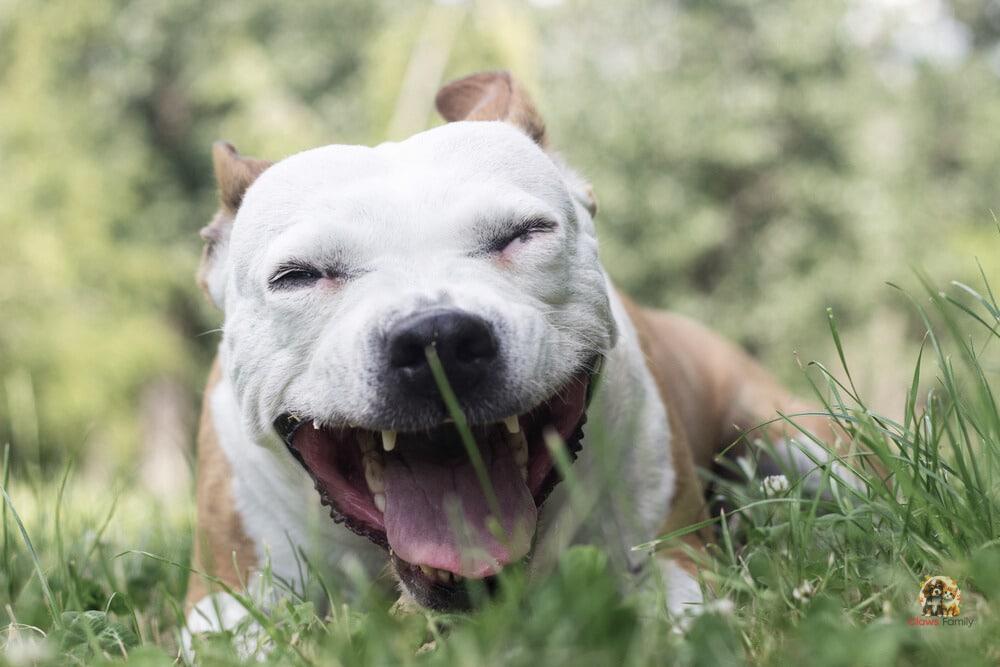Acute infectious tracheobronchitis, also known as "kennel cough," is a respiratory disease that primarily affects dogs living in communities, as suggested by the name. Contaminated surfaces or airborne saliva droplets transmit this highly contagious disease.
Kennel Cough Symptoms and Treatment
Kennel cough can have bacterial or viral origins and cause a bothersome cough that can sometimes make it seem like the dog has something stuck in its throat, occasionally accompanied by vomiting. Older dogs and puppies tend to be more susceptible because their immune systems are less efficient. This condition can resolve on its own within a few days (3 to 10), but it can also lead to complications such as chronic bronchitis or pneumonia.
The primary symptoms of kennel cough are similar to those of a common cold: coughing, runny nose, and conjunctivitis. However, when symptoms like loss of appetite, fever, and lethargy are present, it could indicate the onset of pneumonia. If your dog has a severe cough, it is always a beneficial idea to visit the veterinarian. The vet may conduct diagnostic tests such as chest X-rays or blood tests to determine the cause of the cough and recommend appropriate treatment. The vet may prescribe cough suppressants or antibiotics.
Prevention and Home Management
Prevention is the best treatment for this generally mild condition, which resolves on its own without complications. Make sure to regularly clean shared bowls thoroughly. Shared spaces require frequent cleaning and disinfection due to the bacteria's survival on surfaces.
If your dog develops Kennel cough, you should isolate it, even at home, for a few weeks to prevent it from spreading to other dogs. Ideally, you should keep the sick animal at rest to prevent coughing fits. You should prefer a diet that emphasizes wet food over dry food to prevent throat irritation. Humidifiers can maintain the humidity in the dog's living and sleeping area, which is crucial. Encourage frequent small drinks to rehydrate the dog if coughing causes vomiting.
Following the vet visit, closely monitor the dog, and any changes in condition should prompt another visit to the specialist.
More: Dog Health


